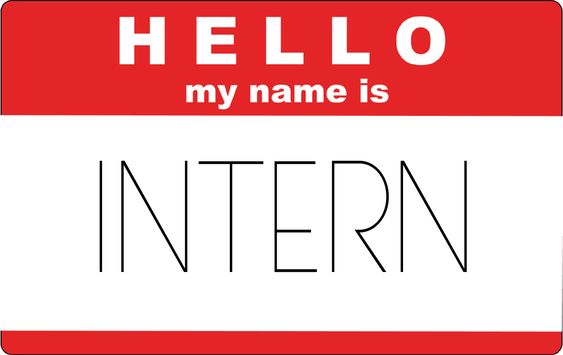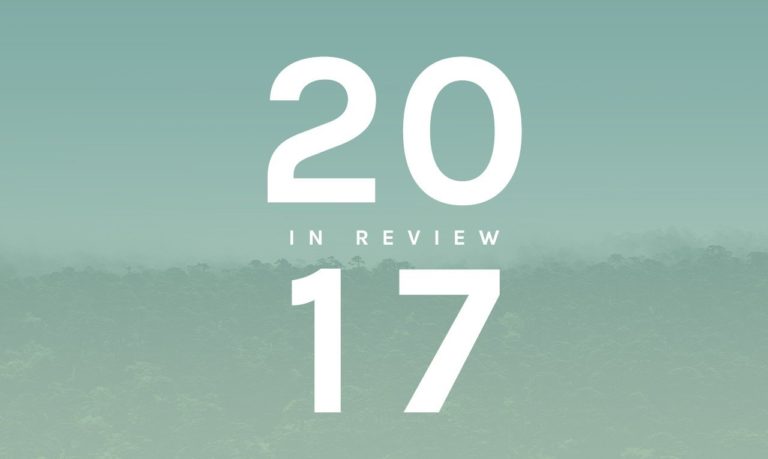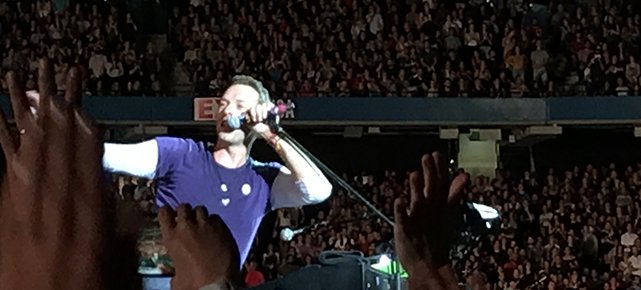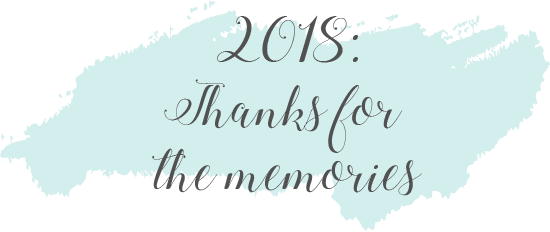The Placement Paradox
It might be almost five years since I was a student in the Durham College PR program, but I can still vividly remember my anxiety around finding my non-profit and corporate placements. I knew where I wanted to go, but I wasn’t sure I would get them (spoiler: I totally did!). And for today’s students, things really haven’t changed. Nowadays, my students are freaking out about securing their placements and what that means for their futures as PR practitioners. So it’s with this in mind I thought I would share my journey to securing both and provide some tips and tricks to help you on your own placement journey.
Non-profit placement – “We grant wishes”
When it came time to find a non-profit organization to intern for, I wanted it to be a cause I was passionate about. A place where its mission and vision really spoke to me. So it came as no surprise to those who know me that my top choice was the Children’s Wish Foundation of Canada’s Ontario Chapter. This would be the first time I would be applying for a position related to my new field. I was terrified, anxious, unsure of what to expect. Would they want to see a portfolio? Am I actually good enough to work there? Would they like me?
I prepared for days for this interview, researching the organization and its history, their recent campaigns, their positioning in the media, etc. I was pumped and ready for anything they were going to throw at me. Then, the wonderful woman (who would become my supervisor, mentor and friend) asked me the first question…
“What do we do?”
Me, thinking only about PR and communications, gave a response about media relations and communicating the vision and mission of the organization, blah blah blah. She chuckled and asked again.
“Yes, but what do WE do?”
I was so confused. We are PR people. We do PR things. I was so wrapped up in the PR stuff that I wasn’t clearly listening. The “we” she referred to was the organization, and they grant wishes. I’ll never forget the panic that went through my body, thinking that I had just lost the gig. In my anxious state, I said, “Of course,” and then proceeded to tell her all about the organization’s history, mission, wish count, you name it. She loved that I had done so much research and was passionate about the role and the organization, and she gave me the job on the spot. To this day, I have never been as elated as at that moment. It was my first industry interview, and I got the job. I was really going to be a PR intern!
Over the next few months, I volunteered with Children’s Wish whenever they had an event, and once my placement officially started in the winter semester, I became a sponge. I wanted to learn everything I could from her. She’s an absolute badass and PR wizard, and I was lucky to learn from her. She would ask me what I wanted to work on and gave me the opportunities to try things out. It was perfect. And I continued to volunteer with the organization following my placement because I simply fell in love with working and learning from her.
Corporate Placement – The Right Place at the Right Time
My corporate placement came about a little differently. I knew I wanted to, at least at the time, which was to go into the health care sector. I just wasn’t sure how to go about it. At the same time, I was the Durham College representative for the CPRS Toronto Student Steering Committee. This committee, made up of representatives from the major PR programs across the Greater Toronto Area, put on events for PR students to learn more about the field and provide networking opportunities.
One of these events, Passport to PR, saw me be a group leader for the health care group. I was responsible for taking a group of 10 or so students around three PR agencies that specialized in the health sector, including energi PR, which would quickly become my corporate placement crush. The agency was our first stop, and as soon as I walked into the office, it just felt like home. I knew there was something special about this place. After hearing from the various account co-ordinators and partners talk about what they do, who their clients were, and all that jazz, I was in love. I knew I had to make this place my corporate placement.
As soon as I got home, I sent an email to thank them for a lovely presentation and discuss possible placement/internship opportunities. The managing partner at the time, who was well-known in the health care space, invited me to chat and discuss what I was looking for in a placement. The agency had never taken a student from Durham College before, so I felt like I had to prove my worth.
This was a completely different type of interview. There were treats and beverages, no real interview questions, but more of just two friends chatting. She looked at my portfolio, talked about what an internship would look like and, by the end of the conversation, she offered me the role! I would be lying if I said I didn’t cry tears of joy in the washroom after I left. I secured my position in October, months before we were even asked to start looking. But my philosophy is, when you know, you know, and you just have to seize it.
So, what did I find helped me secure both these placements?
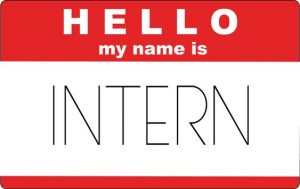
My tips for getting the placement you want
- Do your research. I call it “pre-client” research, where the company you want to work with is the client. Learn about their history, who they are working with, what campaigns they working on or have recently finished. Don’t go in there simply knowing the company or agency name and hope for the best.
- Be passionate. Do you want that internship? So do hundreds of other students in the area. What makes you stand apart from the rest? You need to be passionate about why you want the position and why you want to for the company/agency. You have to mean it, otherwise, your interviewer will smell the fraud on you and consider someone else. I’ve been in an interview where the interviewee tried to fake their passion for the organization and it was beyond awkward for everyone in the room. So yeah, make sure you’re actually passionate about the job you want.
- Know your shit. What have you learned in school that will help make the company or agency’s job easier if they brought you on? Everything you learn in school will be used in the real world. My first day at my non-profit saw me writing feature stories, while my corporate placement threw me into a bartender training event for a rum client. Are you agile, versatile and ready to shine when the moment calls for it? You need to know what goes into different areas of PR. You may not be the greatest user of InDesign, but if your client is in a pinch and you need to whip something up, you better know how to.
- Be yourself. At the end of the day, you can be the smartest person in the world, but if your personality doesn’t mesh well with the corporate culture of the company or agency, they might turn you away. But this also works both ways. If during the interview you realize this isn’t really a good fit for you, that’s OK! You shouldn’t feel the need to hide who you are. For the most part, I’m a bubbly, happy-go-lucky type person, and that’s how I portray myself in interviews. I don’t try to hide who I am, and neither should you.
- Know your portfolio. When you’re in an interview situation, you should listen for keywords in questions that are a segue to let you bring out your portfolio to showcase the awesome work you’ve done. Have key points for each piece so that you know what you want to explain about it. Don’t write an actual script though, because that will come across as unauthentic and, if you memorize it, that could spell disaster if you can’t remember the words.
- Don’t be afraid to ask questions. There’s a reason potential employers ask you, “Do you have any questions for us?” They know they haven’t talked about everything and they’re looking for you to help them fill in any blanks you might have. Ask them about the company culture, what the team is like that you’d be working with, what type of work you can expect to work on, etc. If it helps, during your research phase, write a list of questions out and bring them. That will show you that you’re prepared and eager to learn more.
I hope this helps! If you are a PR student and have any questions, please don’t hesitate to reach out. I’m more than happy to chat 🙂
Until next time…
